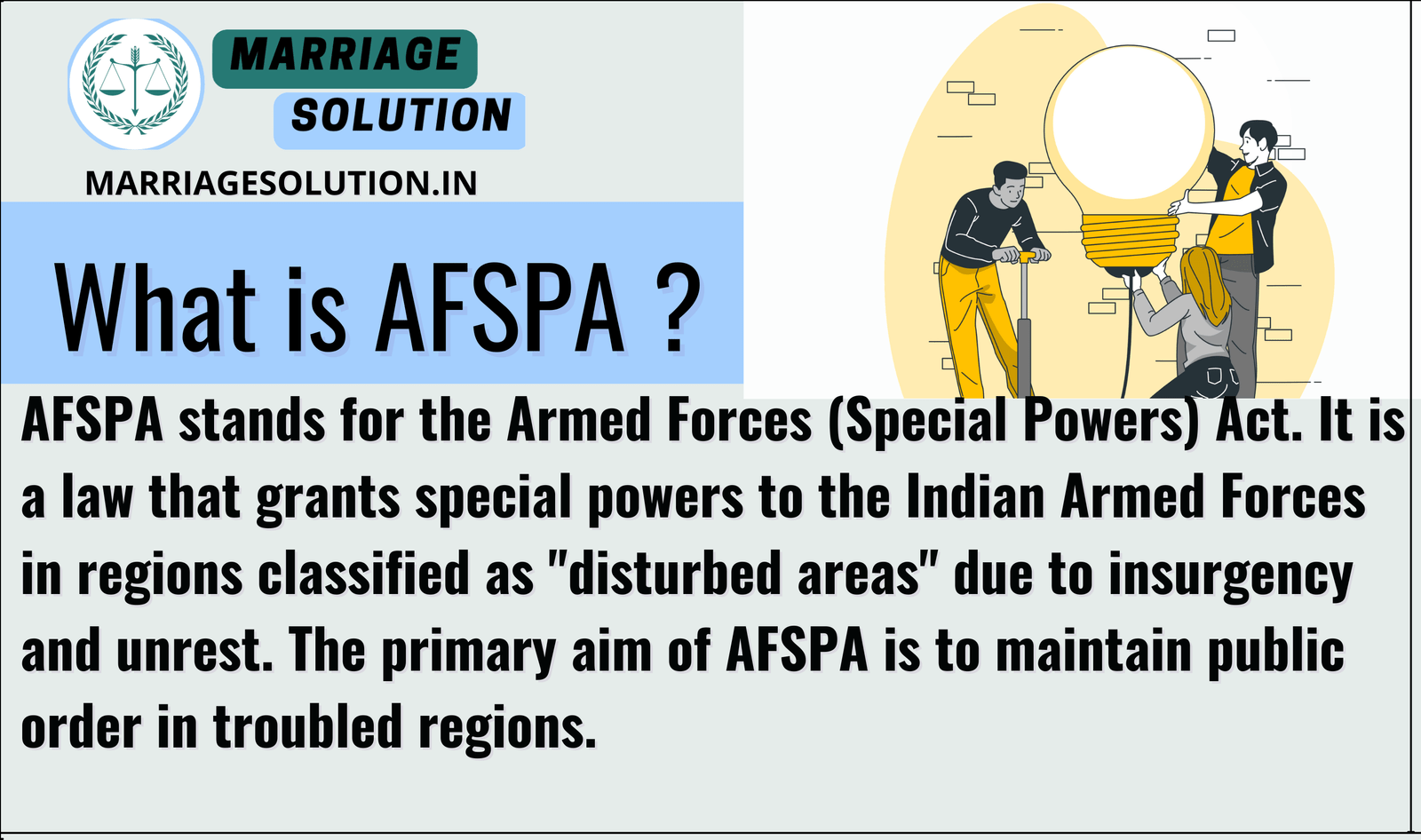IPC 162
IPC Section 162 was a rule that stopped witnesses from taking money or benefits in exchange for their testimony. The goal was to encourage truthful testimony and prevent bribery. In 1988, this law was removed and replaced by the “Prevention of Corruption Act, 1988.” Now, cases involving giving money to witnesses or influencing them fall under the new anti-corruption law. So, IPC 162 no longer exists legally, and such cases are handled under the new laws.
If you need support with court proceedings or any other legal matters, don’t hesitate to reach out for assistance.
Court or any other marriage-related issues, our https://marriagesolution.in/lawyer-help-1/ website may prove helpful. By completing our enquiry form and submitting it online, we can provide customized guidance to navigate through the process effectively. Don’t hesitate to contact us for personalized solutions; we are here to assist you whenever necessary!
The Right to Information (RTI) Act : Explore the essence of the Right to Information (RTI) Act through this symbolic image. The image features legal…
Article 371 of the Indian Constitution grants special provisions to specific states and regions within India, addressing their unique historical, social, and cultural circumstances. These…
The purpose of labour laws is to safeguard employees and guarantee equitable treatment at the workplace, encompassing aspects such as remuneration, security, and perks. These…
The Goods and Services Tax (GST) is like a big change in how we pay taxes in India. It started on July 1, 2017, and…
couples are picking easier and simpler options for their weddings. Court marriage, also known as registered marriage, is becoming popular because it’s easier to do.…






